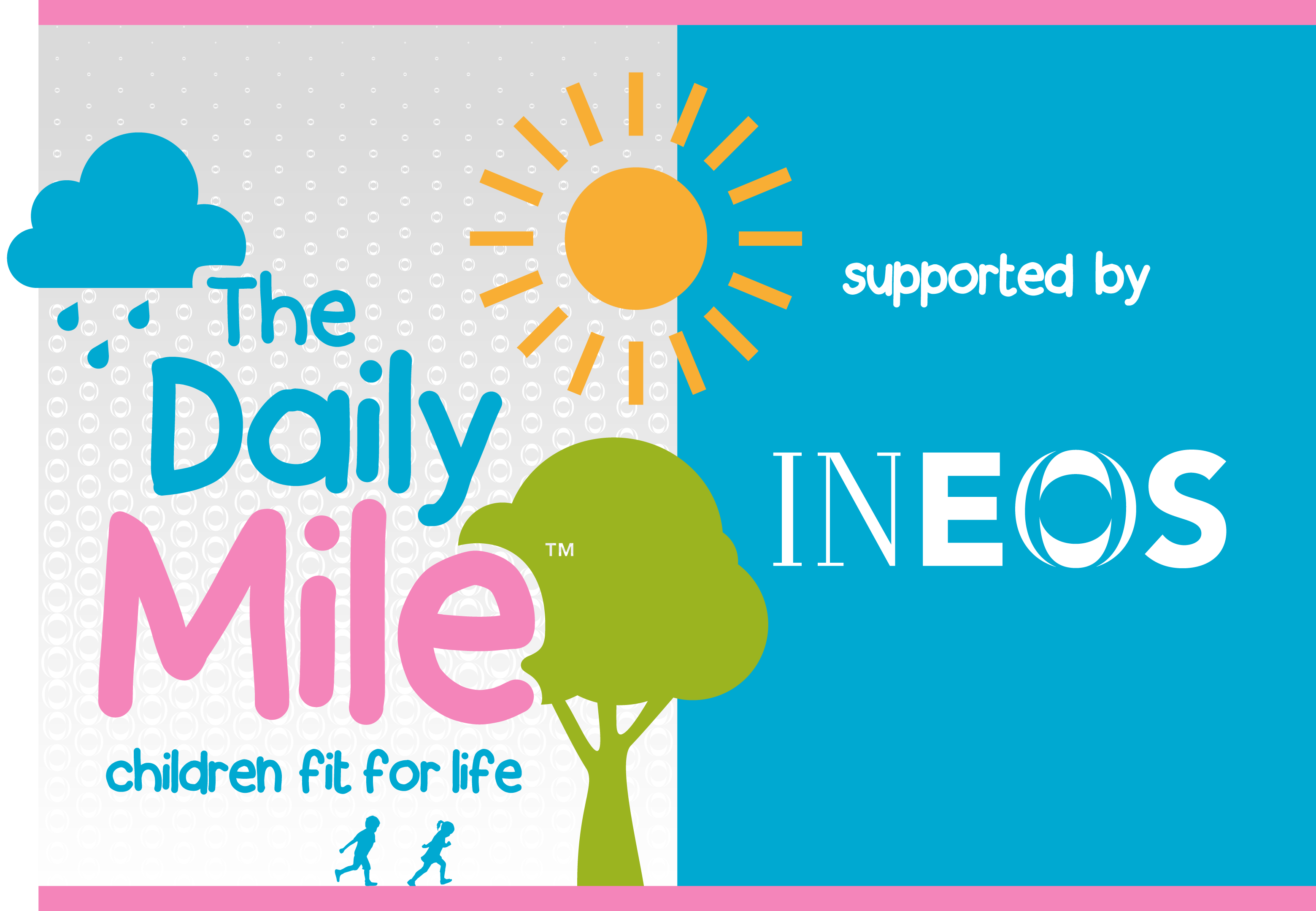Sonia O’Sullivan: Daily Mile of 15 minutes should be in every school
Source: The Irish Times
Date: 11-April-2019
It’s never too early to instil the importance of general health, fitness and wellbeing in young children. So much has been written and discussed in this area in recent times, and it’s only when you experience a school in operation that you see what is possible to achieve in a short amount of time.
This is the exact aim of The Daily Mile – a social physical activity, where children run or jog at their own pace, for 15 minutes. During this time, most children will average a mile or more. Just 15 minutes of activity a day is all it takes to kick-start the endorphins and adrenaline, to wake up the muscles and fibres that can become dormant throughout the day sitting in a classroom.
I arranged a visit at Milford National School in Castletroy, but this time would be different. I wasn’t just going to walk around and show off some shiny medals, this time I wanted to join in and see what The Daily Mile was all about. It started with just one primary school in Stirling in Scotland in 2012, and is now inclusive of some 8,382 schools worldwide, including some 767 primary schools in Ireland.
What I visualised for the The Daily Mile was everyone lining up and running laps and laps of the playground, only this was so much more than that.
I always believe actions speak so much louder than words, so I quickly jumped in and ran a few laps. There was no distance or destination just running around and round, children talking and laughing, the positive vibes and energy was infectious. Before we knew it, the 15 minutes was up, everyone piled into the school hall full of energy and excitement.
Immediately I could see the positive effect on the children; they were all happy to sit and listen as I was asked a few questions and tried to share my love of sport, health and fitness at every level. The school was buzzing with energy on a cold and clear spring morning. When the muscles are warm, it’s so much easier to focus and concentrate, like the energy burner in the body is kick-started to set up the day.
The Daily Mile of 15 minutes activity is a like revolution already happening. It’s fast catching on around Ireland, but I think it should be in every school in the country. There doesn’t need to be time set aside or big plans; just when the time is right get out and run or move about for 15 minutes. Then occasionally look up the local heroes and invite them in to remind them where it all began and help inspire a new generation.
These 15 minutes of daily activity in primary school can be among the most beneficial life skills that we can impart to our children. It should slot right in with, sleeping eating and breathing. We can all move and be active when we want to, but the ability to ingrain that desire to be active for just a minimum 15 minutes every day from a young age is a skill for life. It’s something we all need to grasp and share and never let go of.
This article has been reproduced with the kind permission of the content creator, The Irish Times. To read the article in full, please click the link below.




